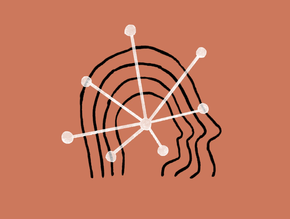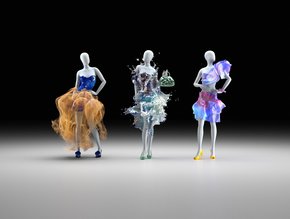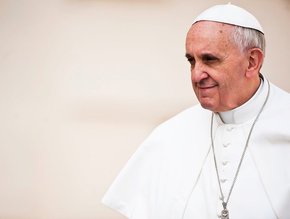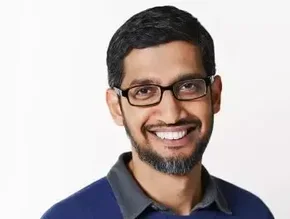AI Agenda at Paris 2024: Revolutionising the Olympic Games

It is now less than 100 days until the Olympic Games Paris 2024.
Taking place in July, the International Olympic Committee (IOC) is focused on continually transforming the world of sports, whilst staying true to the 2,800 year history of the games.
To do this, the committee is stepping into artificial intelligence (AI) with a world-leading AI Agenda to explore its potential across the sporting industry and how it can power greater insights for all areas of the games.
“We are making another step to ensure the uniqueness of the Olympic Games and the relevance of sports,” IOC President Thomas Bach highlighted at the launch event at Lee Valley VeloPark at Queen Elizabeth Olympic Park. “To do this, we must be leaders of change.”
Olympic AI Agenda: Powering the future of inclusive sports
In this ground-breaking initiative, the IOC’s AI Agenda is the third in a trilogy of strategy documents launched under Thomas Bach’s leadership. It sets out the envisioned impact that AI can deliver within the sporting world and how the IOC, as Olympic Movement leaders, intends to lead global implementations of AI within sport.
The agenda seeks to establish the IOC’s ambitions and guiding principles, which includes identifying high-impact areas for AI application. Likewise, it will explore the frameworks and governance needed to mitigate risk and promote responsible AI use.
Thomas Bach highlights that there has not yet been an overall strategy for AI and sports. Speaking at the Olympic Park, he examined how the AI Agenda aims to “define our vision, ambition and guiding principles to understand the full potential of AI.
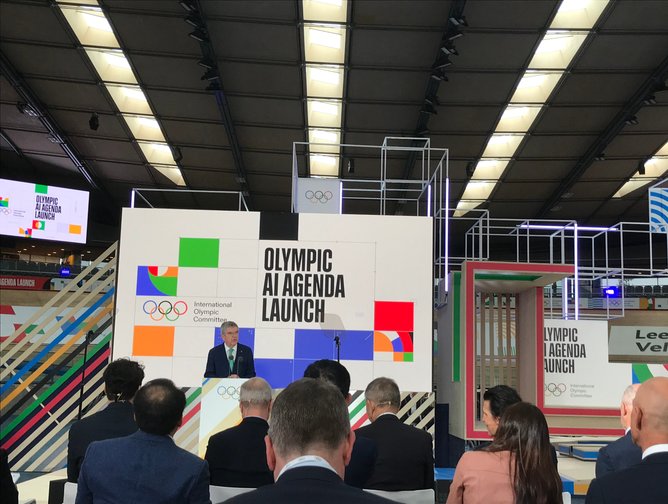
“We are determined to use AI in a responsible way,” he says, highlighting that the framework aims to enable equal access for all.
The convergence of technology and athleticism enables the IOC to lay out both the opportunities and risks of AI.
“It defines our vision, ambition and guiding principles to understand the full potential of AI,” Thomas Bach says.
Digitally advocating for the athlete
In particular, the IOC is interested in how AI can be used to not only help athletes improve their performance, but to also identify and scout upcoming talent. AI holds great potential to identify athletes around the world, providing them with more personalised training methods, better sports equipment and individualised programmes to remain fit and healthy.
“At the centre of the Olympic AI Agenda are human beings. This means: the athletes. Because the athletes are the heart of the Olympic Movement. Unlike other sectors of society, we in sport are not confronted with the existential question of whether AI will replace human beings.”
He continues: “In sport, the performances will always have to be delivered by the athletes. The 100 metres will always have to be run by an athlete – a human being. Therefore, we can concentrate on the potential of AI to support the athletes.”
In order to better support the athlete, in addition to the wider games, the IOC has partnered with leading technology organisations such as Intel and Alibaba to make the sporting world more accessible and inclusive.
Additionally, partnerships such as with Warner Bros Discovery and Deloitte are designed to make the experience more engaging for viewers of the games, harnessing AI to optimise broadcasting and propelling the games into the future.
Powering an advanced and responsible future for AI
Beyond performance, AI can also work to revolutionise judging and refereeing throughout the games to strengthen fairness in sport. The technology can also work to improve safeguarding, helping athletes to feel equally safe and supported on their Olympic journey.
“We are determined to harness the vast potential of AI in a responsible way,” the IOC President continues. “Our Olympic AI Agenda sets out a robust governance framework for the implementation of this strategy, which has to offer equal access for all and ensure self-determination for any individual.
“In this way, the IOC wants to set the course for the AI future of sport with responsible leadership by embracing change while preserving the Olympic values.”
The Olympic AI Agenda was developed from the IOC AI Working Group, a panel of global experts that consists of AI pioneers, academics, athletes and technology companies. It was originally formed by the IOC in 2023 to investigate how AI can be used in sport, aiming to maximise opportunities and manage risks.
Looking to Paris 2024 and future games, Thomas Bach highlights that responsible AI leadership will be paramount to embracing change - whilst still preserving the Olympic traditions of ‘faster, higher, stronger, together’.
“We will need to remain vigilant, open, agile and make necessary adaptations to stay ahead of the curve,” he says. “If we succeed with this, then we can truly contribute to a more human-centred world with AI - at least in the world of sport.”
******
Make sure you check out the latest edition of AI Magazine and also sign up to our global conference series - Tech & AI LIVE 2024
******
AI Magazine is a BizClik brand

